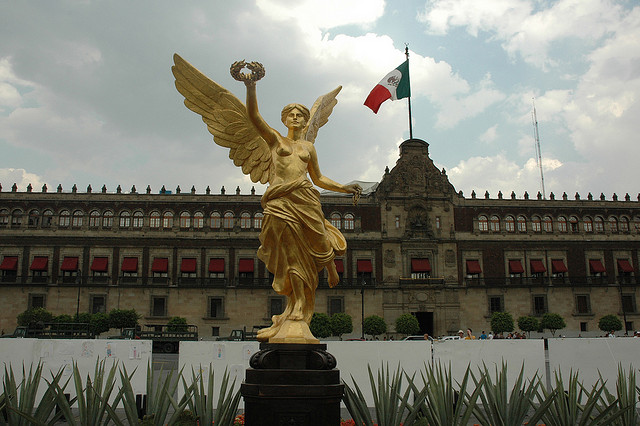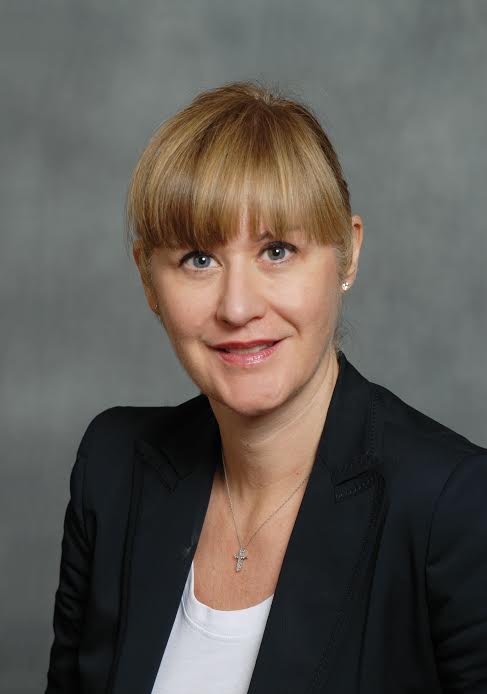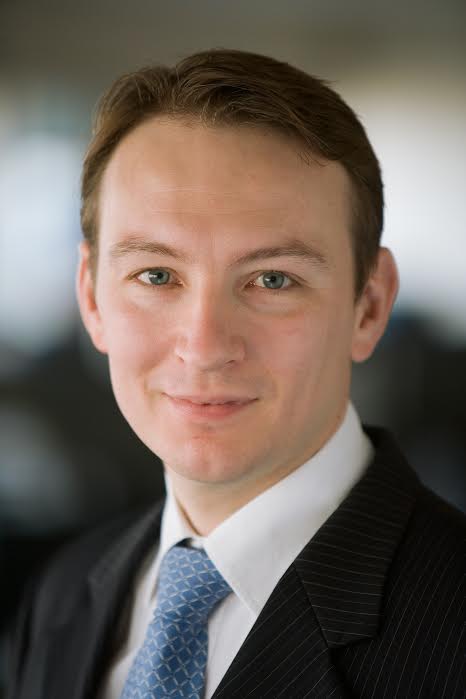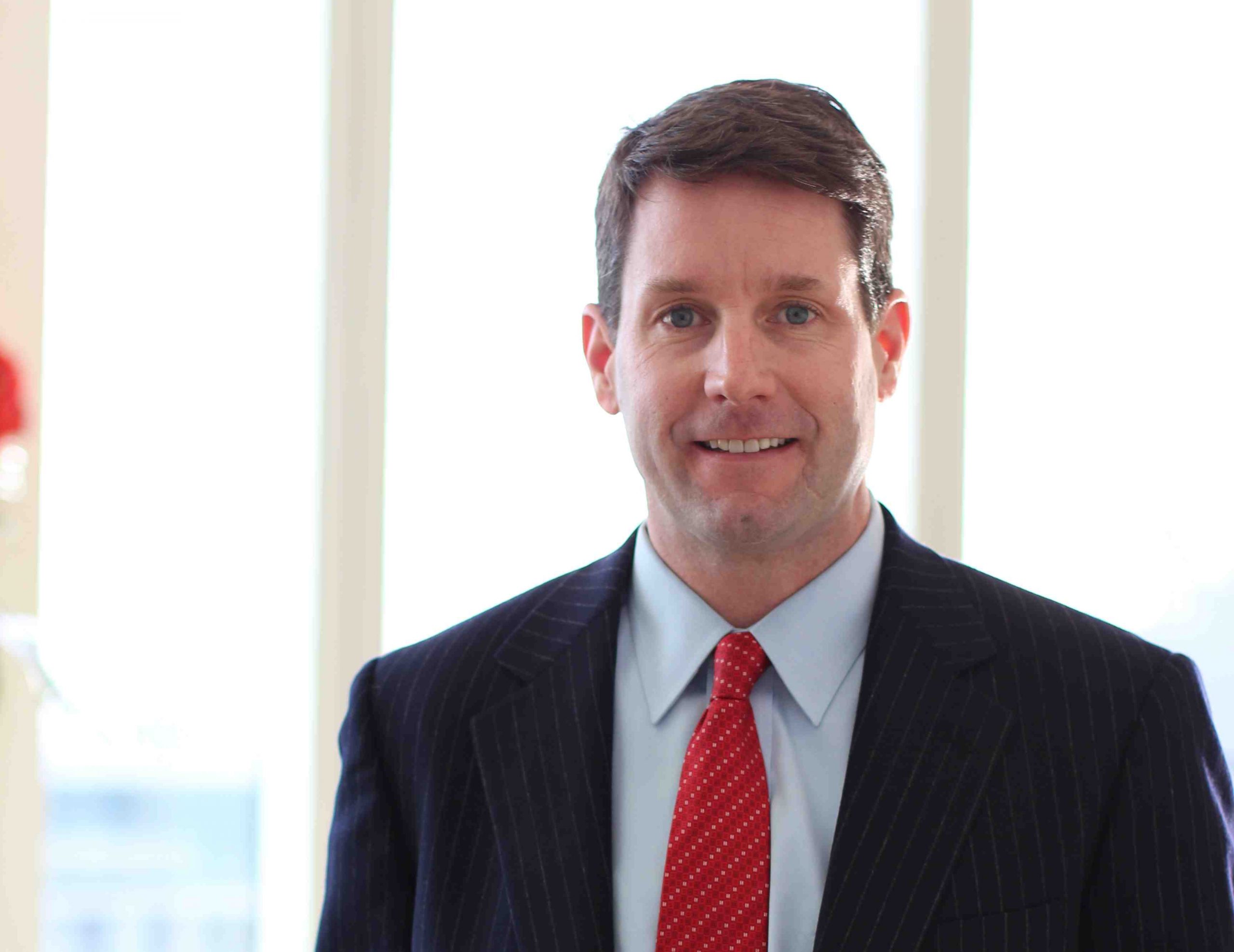The Crisis in Emerging Markets: What Happens When the Tide Goes Down?
| By Alicia Miguel | 0 Comentarios

The latest headlines talk of a slowdown in China, strong currency devaluations in Argentina, Venezuela, South Africa, and Turkey, terrorist attacks in Egypt, protests and government crisis in Ukraine … the impression is that emerging markets are in crisis once again. Against this backdrop, “investors sell first and think later,” says Peter Marber, head of emerging investments at Loomis Sayles & Company, whose products are distributed in Spain by Natixis GAM. Just last week, 6.4 billion dollars in equity funds and 2.7 billion dollars of fixed income had fled emerging markets, while repayments have accumulated in recent months.
The change in monetary policy, especially in the U.S, and a return to growth in the developed world seem to be the main catalysts of the crisis, or at least those which have revealed the structural problems of many developing economies. “The tide is moving away from emerging markets. The prospect of the end of cheap money in developed markets, with the certainty of the end of even cheaper money in China, is forcing up the cost of capital in emerging markets. We’ve seen this scenario before: one emerging country after another are left stranded on the shore when the wave recedes. The weaker ones, such as Argentina and Turkey will go first, and will soon be followed by Brazil, Russia and others.” This quote by Dominic Rossi, Global CIO for Equities at Fidelity Worldwide Investment, summarizes what for many marks a turning point in global capital flows: the tide of capital in search of high returns driven by policies of zero interest rates in the West is now receding, revealing major differences between those who have taken advantage of the high period in external financing, and those whose macroeconomic health has deteriorated.
This reduced funding appears inevitable in an environment of monetary standardization and rate increases (which, according to Robert F. Wescott, member of the Macroeconomic Advisory Council for Pioneer Investments, could reach the U.S. by the end of 2014, or, according to other analysts by 2015 – 2016): “the end of rates at 0% will attract more capital to the developed world. Emerging markets must get used to foreign capital flows between 3% and 3.5% of their GDP, as compared to 7% -10% seen in the past,” said Wescott during a recent presentation in Madrid.
That is partly the reason why emerging markets are immersed in the search for a new economic model which is much more about looking inward: “The 1997-2010 models, which focused on export growth, cannot succeed in a world in which the European Union has current account surpluses while the U.S. is rapidly reducing its trade deficit. The world of emerging markets needs to dust off its agenda of structural reforms which it pushed aside 15 years ago and stimulate their domestic economies. Those who do so will avoid the extended period of low growth, and those who don’t will look back on the past 10 years as a Golden Era,” adds Rossi. Therefore, now more than ever, asset management in emerging markets requires greater evaluation, both by country and by securities.
The Core of the problems: Asia or Latin America?
By region, the stakes are focused on Asia: John Ford, CIO for the Asia- Pacific region at Fidelity Worldwide Investment, is of the opinion that “Asian companies are in a relatively strong position to navigate the storm caused by the withdrawal of artificial liquidity by the Fed. The hard lessons learned from the Asian currency crisis in 1997 means that, for the most part, the structural economic problems uncovered by the conclusion of the Fed policy are largely restricted to countries outside the Asia-Pacific region.” At BofA Merrill Lynch, they also reject the idea of a contagion from Argentina or Turkey to the Asian region due to its lower external debt and lower deficits; therefore they don’t expect aggressive rate hikes in the region.
Invest Now?
In the midst of this crisis, there are those who point out the opportunity presented by entering emerging markets due to the attractive valuations and for another reason: McIntyre, a fund manager at Brandy Wine, Legg Mason’s fixed income manager, sees recovery in the developed world (U.S., Europe and Japan) and in China, rather than as a risk factor, as something which will allow the re-growth of emerging economies through trade. And he reminds us that, when you begin withdrawing monetary stimulus, there will still be global accommodative bias in monetary policy, so the liquidity tap will not be fully closed and the capital flows will seek profitability in the emerging markets, which, in his opinion, is where the best opportunities in fixed income will be in 2014, if their volatility can be assumed.
“Brazilian bonds offer 13% return, the Indian rupee has an implicit yield of about 9%, South African bonds exceed 9%, while the Turkish ones reach 10% and Mexican 7.70%, etc. From a historical point of view, the highest performance in emerging market debt is obtained when investing in these markets while they are in crisis,” he says, and the recent price movement constitutes a crisis.








